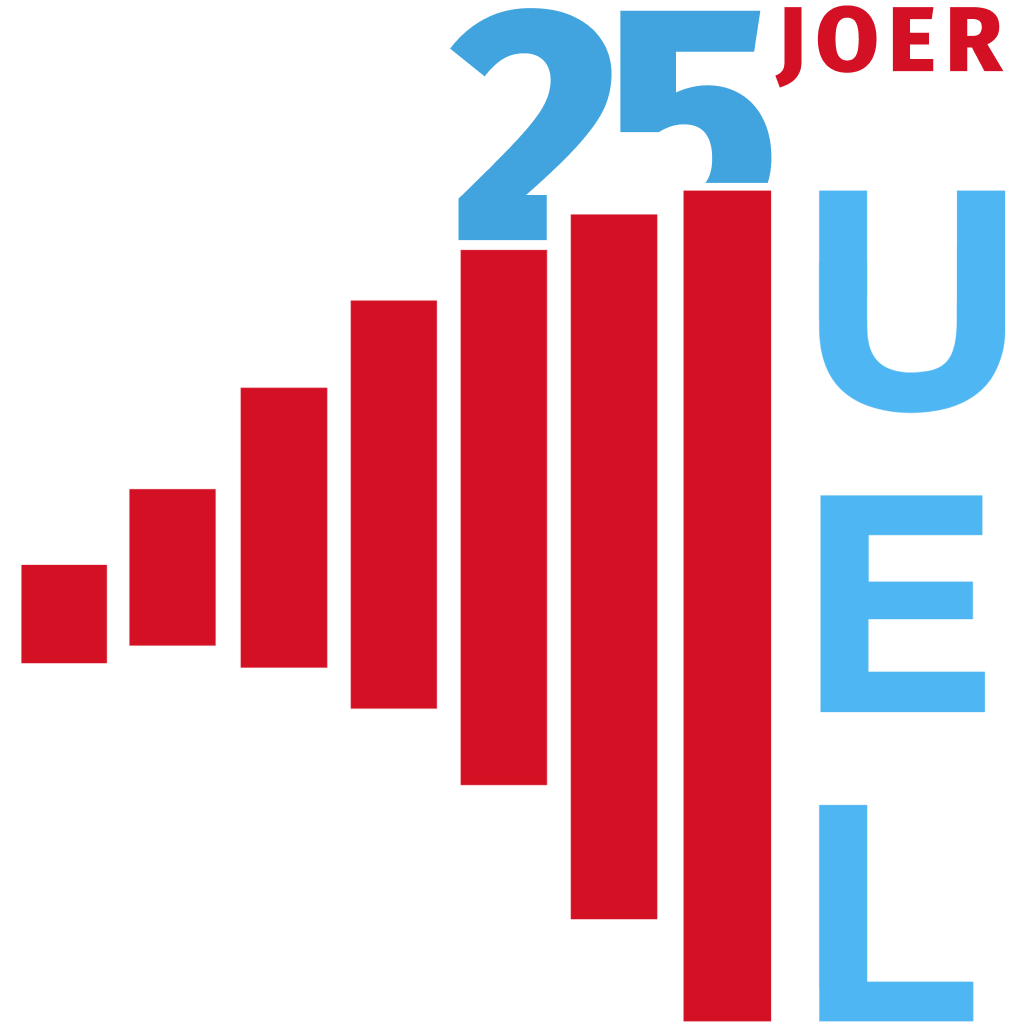Without companies, there are no jobs. It is essential to maintain the economic dynamism and attractiveness of the country through a flexible work organization based on an annualized model that responds effectively to the changing needs of companies and employees.
Times change and the legislation should logically follow the new customs. However, it has to be said that this legislative evolution does not always take place, as it is the case for the organization of work. Regarding the changes in labour relations and expectations in the workplace, it is now high time to take action to provide employers and employees with a more favourable framework in order to find solutions tailored to the needs of the company and the employee.
Indeed, despite the external factors that are shaking up the labour market, such as digitalization, robotization, globalization and demographic changes, which have been accelerated by the COVID-19 pandemic, the legislation on work organization has unfortunately not been able to keep up with this trend, due to the absence of major reforms.
While the policy is ‘modern’ in its recognition of the need for employees to be able to take time off work more easily under the banner of ‘better work-life balance’, it fails to recognize the fundamental need for employers to be able to organize work as effectively as possible in a complex and changing environment.
As a result, in addition to the 26 statutory days of annual leave and the 11 public holidays provided for by law, employers are now faced with a dozen special leaves lasting several days or even several months (youth leave, parental leave, leave for family reasons, linguistic leave, etc.) and around ten extraordinary leaves of between one and 10 days each (moving house, marriage, birth, etc.). And the list is still growing, since a new caregiver leave and a new leave for reasons of force majeure are in the process of being adopted. To these leaves, other reasons for absence should be added, in particular absences for health reasons (incapacity to work, gradual return to work, reclassification, etc.).
While the continuous introduction of various and varied reasons of absence is certainly an opportunity for political parties to profile themselves for the next elections, this easily won popularity, does not solve in any way the fundamental problem of the organization of work as a means of attractiveness of the national economy and of the growing discrepancy between the expectations of employers and employees and the flexibility of the system.
This important increase of absences is now being corroborated by concrete discussions of reduced working hours. With the elections approaching fast, the pre-election context is certainly conducive to demagogic announcements, but also to fruitful reflection for the years to come.
Without companies, there are no jobs. It is essential to preserve the economic dynamism and attractiveness of the country by a real modernization of the legislation on work organization. Faced with an ever-increasing labour shortage, companies are obliged to differentiate themselves to remain attractive. Some employers may occasionally consider offering additional holidays or reducing the working week to attract employees or to prevent them from moving to another company or to the public sector. However, there are other ways of doing this, and employers should retain the freedom to choose between the different options available to them, depending on the resources and needs of the company and the employees. Remuneration, working hours, training, teleworking or satellite offices near borders, corporate culture, collaborative working methods and generally the continuous improvement of the quality of working life are all assets that employers can choose to put forward in order to distinguish themselves from other companies. Flexibility in the work organization framework is essential in this context. And the best way to optimize workflows in companies would be to annualize the working time, which would allow to organize work more efficiently according to the needs of the departments and the legitimate expectations of employees, which fluctuate throughout the year.


